Why Small Brands Are Changing the World (and Big Ones Are Imitating)
Key Takeaways
-
The rise in ethical consumption is driven by consumer awareness of environmental and social impacts, incentivising small brands to put sustainability and fairness ahead of profit.
-
Small ethical brands frequently use creative manufacturing processes, support fair wages and working conditions, and build lasting relationships with their communities and consumers.
-
Transparency around sourcing, production methods and certifications is key to establishing trust and enabling consumers to make informed decisions.
-
Back British and local businesses and craftspeople to not only prop up local economies, but safeguard culture and reduce environmental impact with shorter supply chain footprints.
-
Educating consumers about the real value of ethical products, and encouraging mindful purchasing can catalyse systemic change and persuade bigger corporations to adopt sustainable practises.
-
Consumers have a vital role too, researching brands, demanding transparency, elevating ethical voices and making deliberate choices that together drive industry-wide change.
Small ethical brands (UK) are independent businesses that focus on fair trade, eco-friendly materials and transparent supply chains. Brands such as these rely on organic cotton, recycled fabrics or vegan leather to reduce waste and pollution. Staff typically operate in safe and equitable environments and receive fair pay. Close connections with local artisans and transparent business policies go a long way in establishing trust with shoppers who are passionate about people and the planet. Here in the UK these brands would typically collaborate with bodies that verify their eco claims, such as Soil Association or Fairtrade. To discover which small ethical brands meet your requirements, it is useful to look at their reviews, mission, and products. The bulk of this article will display some highlights and why they catch your attention.
The Quiet Revolution
How ethical shopping is changing the way we buy clothes and goods stems from genuine concerns over climate change, pollution, and fair work. Many of us are seeking ethical clothing brands that prioritize the planet and people over profit. UK-based small ethical brands are spearheading this revolution, emphasizing sustainable clothing and fairness above all else. This movement fits into a broader shift towards slow fashion, where quality and values take precedence over fleeting trends.
Beyond Profit
Humane little brands operate on purpose. Our principal purpose is to serve, not simply to make profit.” A lot of these companies are using their work to raise awareness of social issues. Their business models incorporate community give-back or global support. It informs every element of their work. You can see it in businesses like Birdsong, which collaborates with women’s cooperatives, or WAWWA, which creates for less waste.
They demanded better pay and job security. Staff frequently are paid well and in normal working conditions. A few brands, such as Community Clothing, ensure workers and makers are well cared for. This is a major step in an industry notorious for low wages and unsafe working conditions.
Trust is central to small ethical brands. They’re transparent about where and how things are produced, and provide evidence when requested. This transparency fosters long-term trust with customers. Eventually, this enables shoppers to feel good about their options.
The bond between brand and buyer runs deeper. We forge enduring relationships with values-aligned brands, making every purchase feel like a collaborative act for change.
Consumer Shift
Consumers increasingly want more “conscious” clothing. Their consumers seek long-lasting quality, not merely novelty. Slow fashion, prioritising sturdy, durable material, receives more attention. Materials such as organic cotton and recycled fibres are more frequently employed by British brands.
Customers are less attracted to quick trends. They choose eco brands that are famed for their open work, fair wages and sustainability goals. This transition is gradual but sure, as increasing awareness of the consequences of their purchases rises.
-
Social media spreads facts about brands and their actions
-
Tales of fair work and eco steps cut through to more people
-
Users share reviews and call out greenwashing
-
Brands are pushed to be more open and honest
Plus, there’s an increasing desire to purchase from local makers. People want to know their money backs small groups and artisans.
Local Roots
Countless small ethical brands tell the stories behind their work. These tales frequently demonstrate connections to regional culture, tradition, and ethics. For example, Yorkshire or Scottish brands might incorporate local wool or ancient weaving techniques.
By creating jobs, small businesses contribute to the local economy. They employ people from the same towns or regions, which keeps money in the local economy.
When brands opt for local suppliers, they reduce shipping and decrease their carbon impact. This is a vital step towards a greener future, as it connects making and buying to the places we live.
Ethical brands keep old crafts alive. They taught newcomers traditional crafts techniques, so the skills didn’t slip away.
How Small Ethical Brands Make a Difference
Small ethical clothing brands have proliferated as powerful drivers for the future of fashion, bringing attention to people and the planet. Their work is changing the clothing industry’s narrative, demonstrating that business can be both ethical and profitable. With fresh ideas, fair employment, and intimate connections with their communities, these ethical clothing companies show how the global fashion industry can move forward.
1. Redefining Value
Value for small ethical clothing brands isn’t about cheap prices or fast fads; instead, they prioritize enduring design, considered sourcing, and respect for resources. This mentality encourages consumers to step away from fast fashion, which significantly contributes to waste and pollution. By investing in sustainable clothing made to last, consumers can help reduce the 8% of global emissions associated with the clothing industry.
Opting for quality clothing pays dividends. Garments manufactured with durable, natural fibers such as organic cotton or linen last longer, require less water, and consume less energy. This approach not only saves consumers money in the long run, as they buy fewer pieces, but also allows them to keep clothes for many years while minimizing waste and contributing to sustainable fashion.
2. Championing People
Small ethical brands make people care the heart of their business. They ensure workers receive a fair wage and safe working environments, which is often absent in fast fashion. Plenty of these brands provide jobs and training to locals, helping their town/city thrive.
There is equally an obvious desire to aid those who are marginalized. Others concentrate on employing women and girls, providing training and even assisting with health and hygiene requirements. This ensures even more people can participate and experience the benefits of fair trade. By virtue of their strong values, these brands demonstrate to larger companies a better approach to treating employees.
3. Nurturing Planet
While larger brands follow suit with planet-friendly materials and (easy) action steps to reduce their footprint, small brands are pioneering the way. Hemp, linen and organic cotton require less water and less energy to cultivate. Brands utilise upcycled or recycled fabric to reduce waste, and many provide repair services or lifetime warranties.
|
Brand |
Waste Reduction |
Recycling Approach |
Extra Initiatives |
|---|---|---|---|
|
Rapanui |
Made-to-order |
Closed-loop system |
Take-back scheme, upcycling |
|
Thought |
Low-waste cuts |
Recycled fibres |
Care & repair advice |
|
Elvis & Kresse |
Repurposed firehoses |
Reclaimed leather |
Lifetime repair, donations |
Going natural with dyes and eco-packaging helps, as do circular models – rentals and take-back schemes mean less heads for landfill. These decisions stack up, delivering a genuine reduction to the sector’s carbon footprint.
4. Fostering Community
Ethical brands tend to collaborate with the local area, from community projects with schools to hosting workshops. Some collect for social good or support local initiatives, which builds trust and community.
Community shops or pop-ups provide people a space to connect and exchange. Local roots mean these brands understand their neighbours’ needs.
Brands that give back inspire others to join in.
Even the smallest effort can spark change.
5. Inspiring Change
Small brands bring on big changes by being clear examples for the industry. Stories like Elvis & Kresse, which converted trash into luxe goods and supported charities, illustrate what’s achievable.
Grassroots groups campaign for slow, fair fashion, putting pressure on large companies. Supporters can support them by choosing brands to align with their values, make their voice heard.
The Authenticity Test
For ethical branding, authenticity is about the correspondence between what a brand says and what it does, particularly for ethical clothing brands. For the UK’s genuinely ethical brands, this is the foundational test that ethical consumer trust relies on. It’s not easy nor definitive, as no brand or product is ever completely perfect or sustainable. The authenticity test finds the tangible evidence behind statements and aids consumers in identifying greenwashing.
Storytelling
Storytelling humanises a brand. When a small brand reveals its backstory – how it began, what it represents, the good that it aims to achieve – a genuine connection is established with the audience. They don’t have to be big tales. A founder’s quest to discover local makers or a team’s drive to eliminate waste can be compelling. They allow you to see the graft and patience that goes into each product.
Being frank in these stories earns trust.” If a brand speaks about its successes as well as its setbacks, it is trusted more. Authentic stories enable brands to differentiate in a saturated space. They give the brand a more human touch and make it easier for people to relate to. When a customer is aware of a product’s backstory, it frequently renders it less special.
Transparency
Small ethical clothing companies must disclose the origins of their products, their manufacturing processes, and pricing structures. Transparent, honest discussions about these steps facilitate intelligent decision-making. When an ethical clothing brand is open, it empowers consumers and builds trust.
It helps if brands don’t just share the nice aspects, but also the challenging ones. For instance, if your supply chain isn’t green yet, owning that reality earns respect. Sharing information on how ethical garments are made, what sustainable materials they’re made of, and even why something may be priced higher than average helps consumers grasp the bigger picture.
Easy access to that is crucial. A brand website, say, should display evidence or statistics about its deeds. Brands including Veja, which is transparent about its sourcing and pay structures, prove that openness is viable.
Certifications
Certifications are evidence brands comply with specific rules or standards. They enable users to verify whether a brand’s claims are authentic.
-
Fairtrade: supports fair pay and safe work.
-
GOTS (Global Organic Textile Standard): checks for organic fibres.
-
B Corp: scores a brand on social and green impact.
-
Soil Association: certifies food and some textiles as organic.
-
FSC (Forest Stewardship Council): makes sure wood is from good sources.
Anytime a small brand receives these, it earns trust. It demonstrates that it’s ready to be scrutinised by external experts. Still, not all certificates are equal. Others are stricter or more useful than others, hence why people should be paying attention to what each one means. For brands, chasing the right certificates can enhance their reputation and demonstrate they mean business.
The Nuance of Authenticity
Each authenticity test is unique, especially in the context of ethical clothing. People have their own criteria as to what is considered “real” or “ethical.” There are multiple elements involved in sustainable fashion, and uncovering the reality isn’t always straightforward. Brands must stay on-mission and authentic while being prepared to grow and pivot as they learn from customers and encounter new limits. True to their soul? That’s essential, no matter how small tweaks are required.
Challenges on the Ethical Path
Little ethical clothing brands in the UK face a challenging path in the fashion industry, notorious for its harm to both people and the planet. Balancing affordability with sustainability is no easy feat. Maintaining reasonable prices without compromising on ethical practices or increasing textile waste is a constant struggle. Every choice—from sustainable materials to packaging—comes with trade-offs, and the risk of falling short is ever-present. For brands committed to ethical production, the journey is ongoing, and the obstacles remain significant.
Supply Chains
Tracing materials from source to shop floor is both essential and difficult, especially for ethical clothing companies committed to sustainable practices. A lot of small brands demand full transparency, but supply chains tend to be cross-border, involving many different players. Finding fabric that’s fair and sustainable often means questioning a lot – and usually, spending more on ethical garments. Securing evidence of decent pay and safe conditions for all workers in the supply chain can take months, even years. Some brands, such as Birdsong or Know the Origin, have made their mission to bring consumers along on the journey of ethical fashion, but the behind-the-scenes work is enormous.
Tracing the origin of materials is not only about trust – it is about truth. As many as 60% of green or eco-fair claims may not survive close inspection, which complicates the landscape for trustworthy sustainable clothing brands to identify themselves. Consumers often struggle to know who is authentic. Small brands still have to invest the time and money in checks, audits, or new technology just to demonstrate their commitment to ethical production. Even then, mistakes can creep in. There is increasing demand for transparent, traceable supply chains, but the road is not without gaps and grey areas.
Scaling Up
Fast growth is a risk. When a tiny ethical brand attempts to scale up, it can forget what it stands for. Rapid expansion equals more orders, more employees and more temptation to cut corners. For some, the temptation to skimp on materials or labour increases as the business scales.
To maintain their standards, certain brands collaborate with reputable third parties. They might work with like-minded local makers, or pool resources to fulfil larger orders without losing their grip. Others favour slow, steady growth, with an emphasis on quality over quantity. It could involve rejecting large contracts or remaining with small batches. Building a business in this way is slow, but it retains its ethics at the heart of it.
Price Perception
Ethical clothes are frequently viewed as expensive juxtaposed with fast fashion. Most consumers demand budget clothing, but these have an unacknowledged price – from miserable wages for garment workers to environmental destruction. Brands’ challenge is to demonstrate why they should be more expensive and their products higher quality. A properly-made, fairly paid T-shirt is pricier at the outset, but can outlive three cheaper ones.
Education is essential. Brands must be explicit about where their costs come from and convince consumers why slow fashion is worth it. Demonstrating to shoppers the lifetime cost or the environmental consequences of fast fashion – for example the 3kg of clothing the average person in the UK discards each year – can help change attitudes. For some, the transition to ethical or second-hand is difficult, but compelling facts and frank discourse can shift the dial.
The Ripple Effect on Big Business
Small moral brands in the UK are influencing what large companies do and the way they think about their practices. They illustrate that doing the right thing is not a fad but a genuine necessity. These ethical clothing companies employ transparent practices, such as fair wages, traceable supply chains, and low-impact materials. By choosing these brands, shoppers are sending a clear signal to bigger businesses that planet and people count. This dynamic forces large corporations to examine their own practices, reconsider their actions, and adapt to these new demands.
Many large companies now observe how small ethical clothing brands operate. These brands lead by example, using less plastic, reducing waste, and harnessing renewable energy. Some have established take-back schemes to repurpose secondhand clothing. For instance, when small brands began using purely organic cotton and adhering to fair work standards, larger ones soon followed, introducing eco lines or new sustainability standards. In the food and drink sector, tiny brands employing local, seasonal produce have provided a model for larger companies to replicate, demonstrating how change can start small and then ripple outward.
There are obvious instances where large companies respond because consumers demand better options. When consumers demand transparency on where and how things are produced, even major supermarket chains have added packaging information. In the tech world, smaller brands that render phones easy to repair or recycle have nudged larger manufacturers to re-examine their own designs. Some big shoe brands offer repair services now – a practice first pioneered in small ethical shops. Research suggests brands with a strong sense of purpose and long-term sustainability perform better in the long run than those that pursue short-term gains. It’s not only about doing good, it’s smart business.
Partnerships can provide an even kinder blow to the clothing industry. Smaller brands can share their expertise and innovation with larger companies, enabling them to progress rapidly towards sustainability targets. For example, some small British brands have teamed up with global titans to exchange methods for reducing waste or swapping greener products. This combination of fresh ideas from smaller brands with the market power of bigger companies can deliver genuine, lasting impact on the sector.
Today environmental risks require a rapid response, much faster than money risks did 10 years ago. They should future-proof their businesses and move quickly, because acting green and fair is now a main, not a value add. Digital tools come into this, as monitoring and disseminating transparent impact data is increasingly essential. As governments begin to require reports on these impacts, this will become standard practice. The circular economy, in which products are reused and waste reduced, is space will expand, and brands that get ahead of the curve will be prepared for what’s next.
Your Role in This Movement
The emergence of small ethical clothing brands in the UK marks a change in our attitudes towards clothes and products. Everyone has a role in this movement, in shaping the market and our environment, even the lives of garment workers. By making informed decisions and demanding more from the big brands, you can steer the clothing industry towards more equitable and sustainable practices.
Conscious Choices
Shopping ethical brands every time sends a strong message. Many consider it a means of voting with their wallets for improved practices. So for instance, opting for a local brand that pays fair wages or uses organic cotton helps force the entire industry to change.
-
Buy with care: Each purchase adds up. Because if small, ethical brands had more people buying from them, the big brands would take note, and perhaps even begin to change theirs.
-
Cut waste: Choosing second-hand or well-made, long-lasting pieces means less rubbish in landfills, and less demand for fast fashion.
-
Fair work: Buying from brands that care about fair pay and safe work means workers get treated better.
-
Help the planet: Picking brands that use eco-friendly materials or low-impact dyes cuts down on pollution and saves water.
Before buying, research the brand. Brands now often reveal where their products are made and what materials they use. Looking at labels, checking online reviews or even questioning brands directly are ways you can shop smarter.
More and more of us construct our wardrobes to endure. They choose minimalist, timeless wardrobe staples they can wear repeatedly, not the latest fleeting trends.
Amplify Voices
Spreading the word about ethical brands will aid their growth. Taking to social media (or WhatsApp-ing your mates/family) really can make a huge difference to small brands.
These things matter. When people discuss their own transition to ethical fashion, or share the story of a new brand, it encourages others to make the switch.
Other influencers and bloggers have made smaller brands known. When they wear or feature ethical brands, their followers pay attention. This increases the reach of brands looking to do the right thing.
Contacting brands, giving feedback or thanks, would and does create stronger ties between consumers and producers. It demonstrates brands that we care about their mission.
Demand Better
Consumers really have the power to hold brands accountable. When you request transparency about how products are created or call for better working practices, brands are pressured to act.
When they demand fairer and greener means, brands must listen. Just sending an email or asking a question online can bring about greater change.
Collectively - even in small ways - we can compel brands and legislators to establish new rules that improve the industry as a whole.
It’s about finding brands that resonate with your own values and needs. By supporting these brands you raise the bar for everyone.
Sock Geeks: Small Brand, Real Impact
At Sock Geeks, we believe the power of small brands lies in doing the simple things exceptionally well: thoughtful design, better materials, and honest relationships with makers and customers. As a British independent we prioritise durability and comfort, create in small batches, and share the story behind every collection so buyers can make informed choices. From curated gift boxes to flexible subscriptions, our model champions mindful purchasing and long-lasting socks - proving that profit and purpose can happily co-exist when you put people, planet and product quality first.
Conclusion
Small ethical brands UK demonstrate that real change can begin with small steps. These brands create trust through transparent work and authentic stories. They reduce waste, use fair suppliers and collaborate with local makers. From raw ingredients to finished products, shoppers see the love in all its choices. Big names now observe and frequently emulate. Every purchase paves the way for all. To sustain this change, check out the story behind every label. Fact check, question hard, and support brands that align with your own values. Every option counts. Stay sharp and engage in conversations that keep brands honest. Experiment with new brands and flaunt your finds. The next giant leap in retail begins with one pixelated foot.
Frequently Asked Questions
What defines a small ethical brand in the UK?
A small ethical clothing brand in the UK prioritizes fair trade, sustainability, and transparency in its products and practices, often focusing on local production within the sustainable fashion industry.
Why should I support small ethical brands?
Supporting small ethical clothing brands fosters fair work, reduces environmental impact, and encourages responsible production for people and the planet.
How do small ethical brands ensure authenticity?
Small ethical clothing brands typically outline their sourcing and production practices, emphasizing transparency in their supply chains and certifications, which is crucial for ethical consumers.
What challenges do small ethical brands face?
Small ethical clothing brands face disadvantages due to higher production costs and limited resources, making it challenging to compete against larger companies in the clothing industry.
Can small ethical brands influence big businesses?
Yup, when you shop small ethical clothing brands, you’re voting for responsibility, inspiring larger companies in the sustainable clothing industry to join the ethical fold.
How can I find genuine small ethical brands in the UK?
Seek out ethical clothing companies with accredited certifications, clear sourcing, and favorable independent reviews to ensure responsible production and sustainable fashion.
What is my role in supporting ethical brands?
As an ethical consumer, you can choose wisely, support ethical clothing brands, and pass on the baton. Your choices help to drive change towards responsible business.




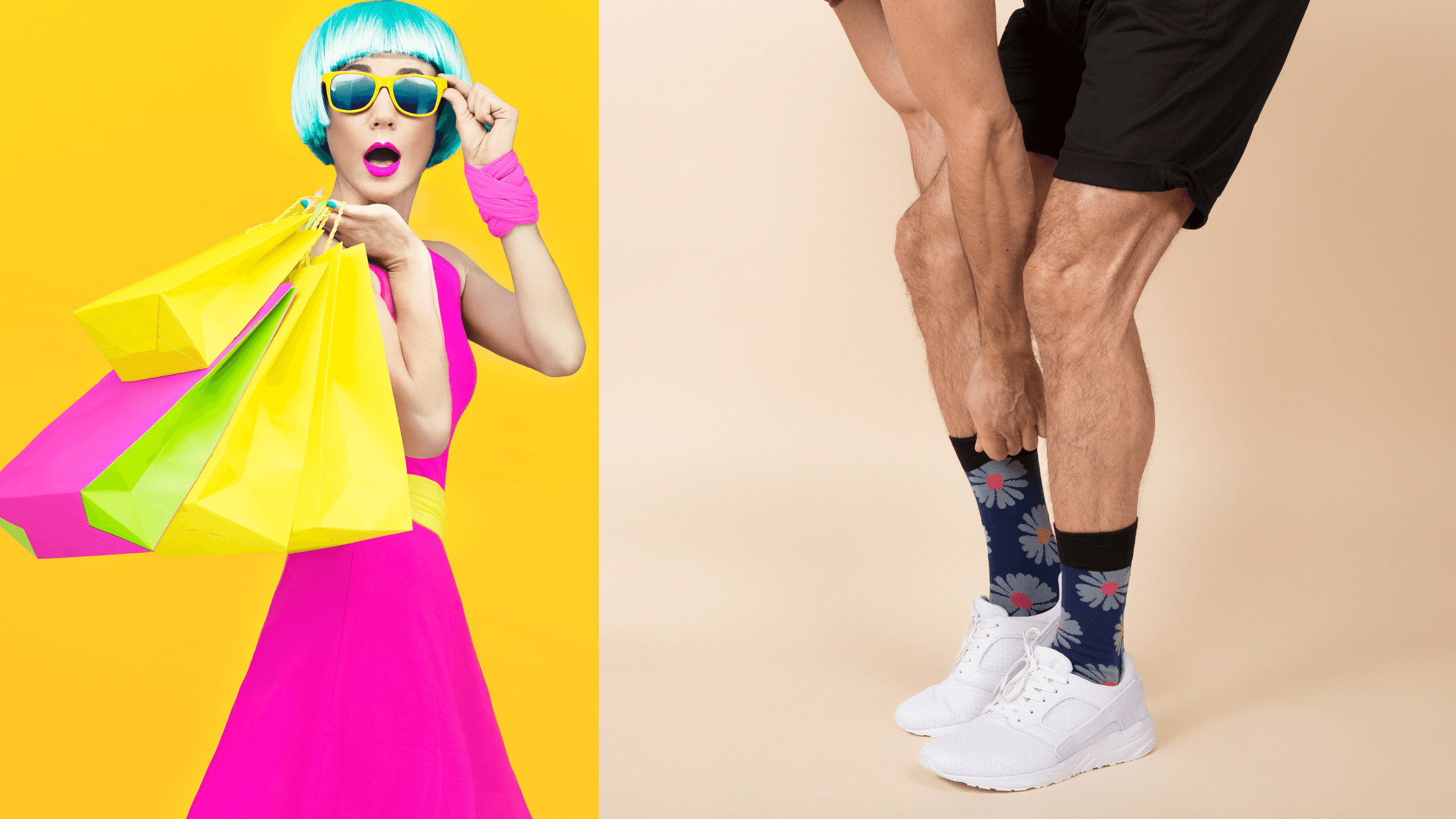
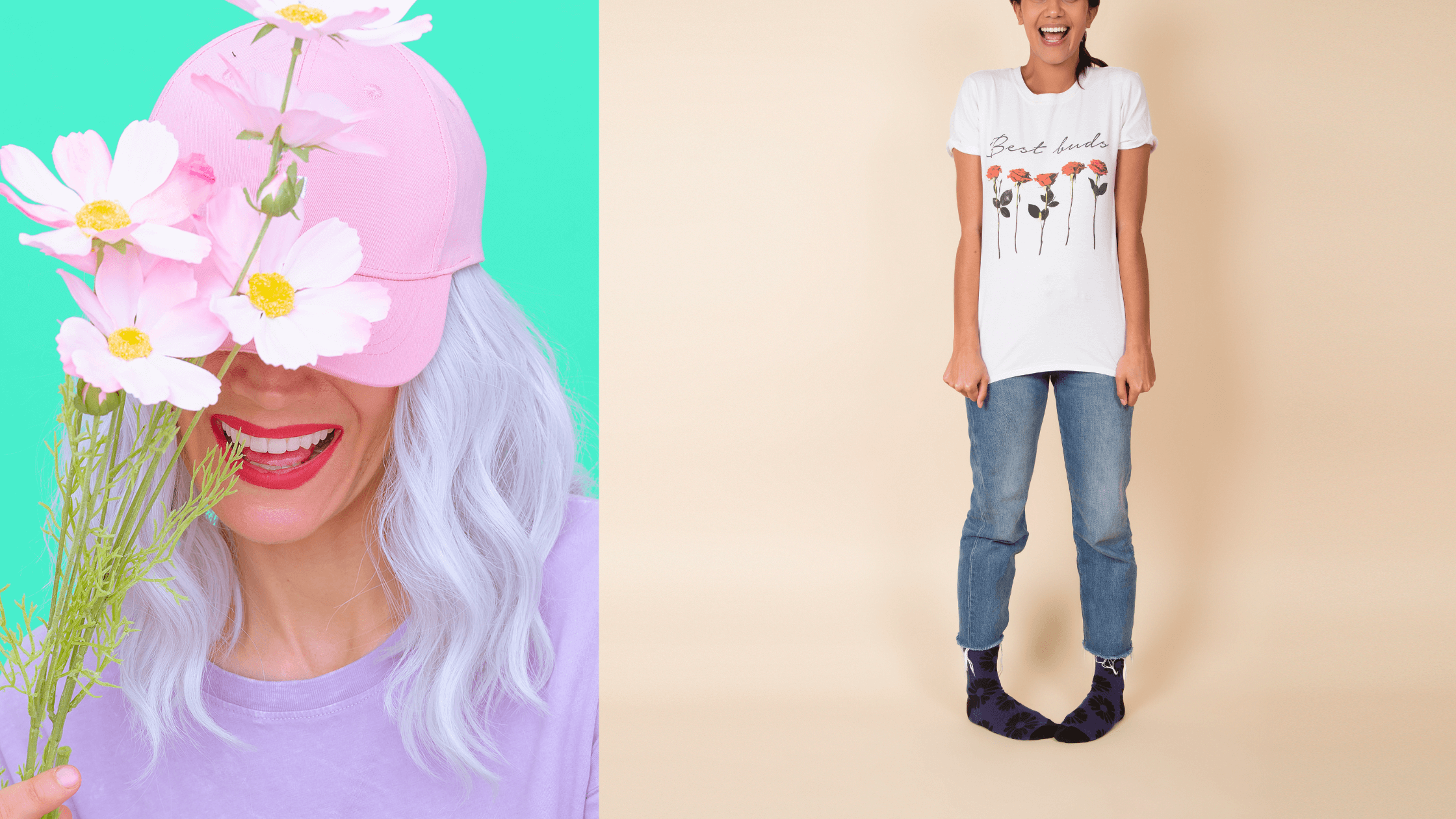
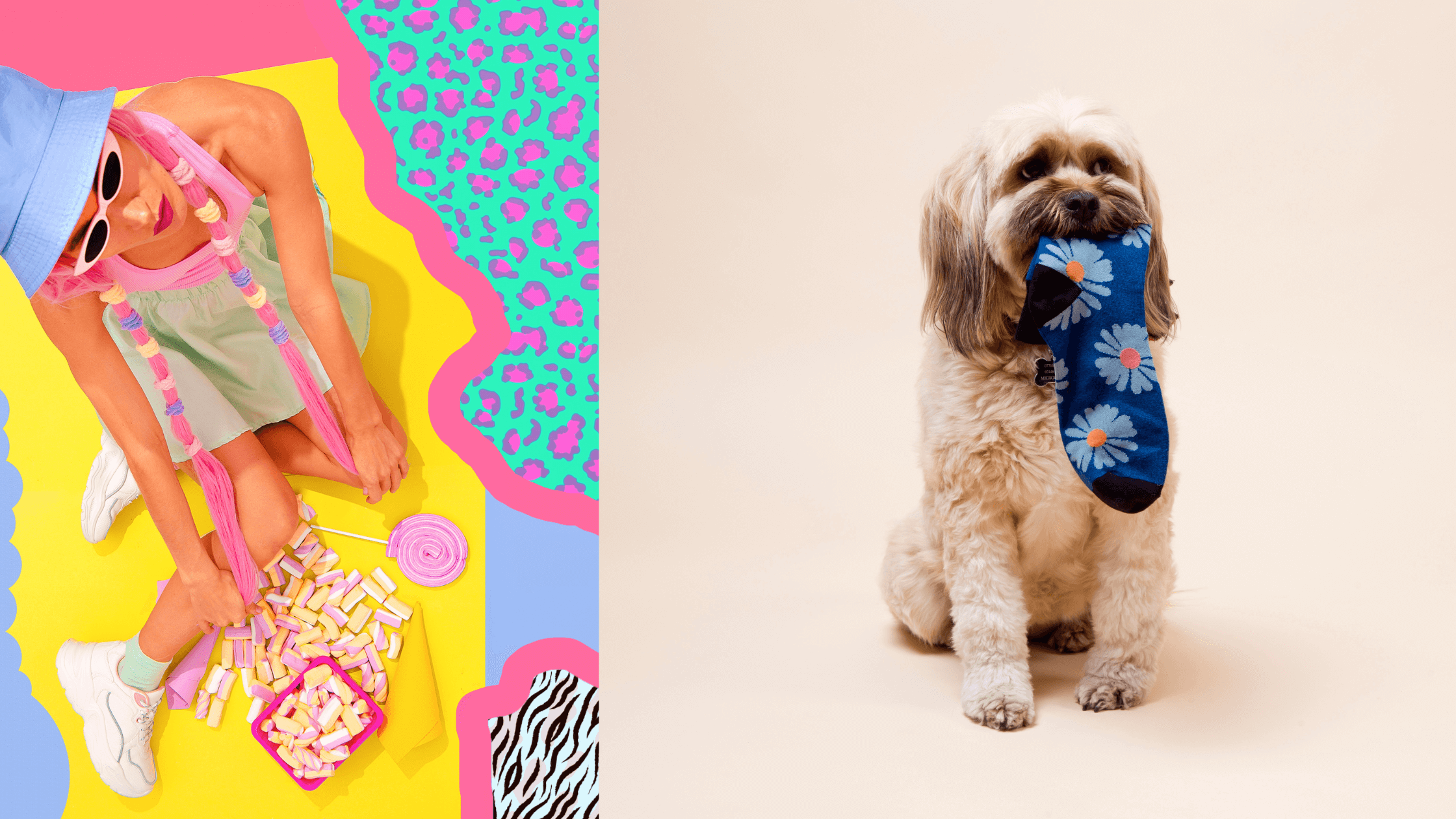

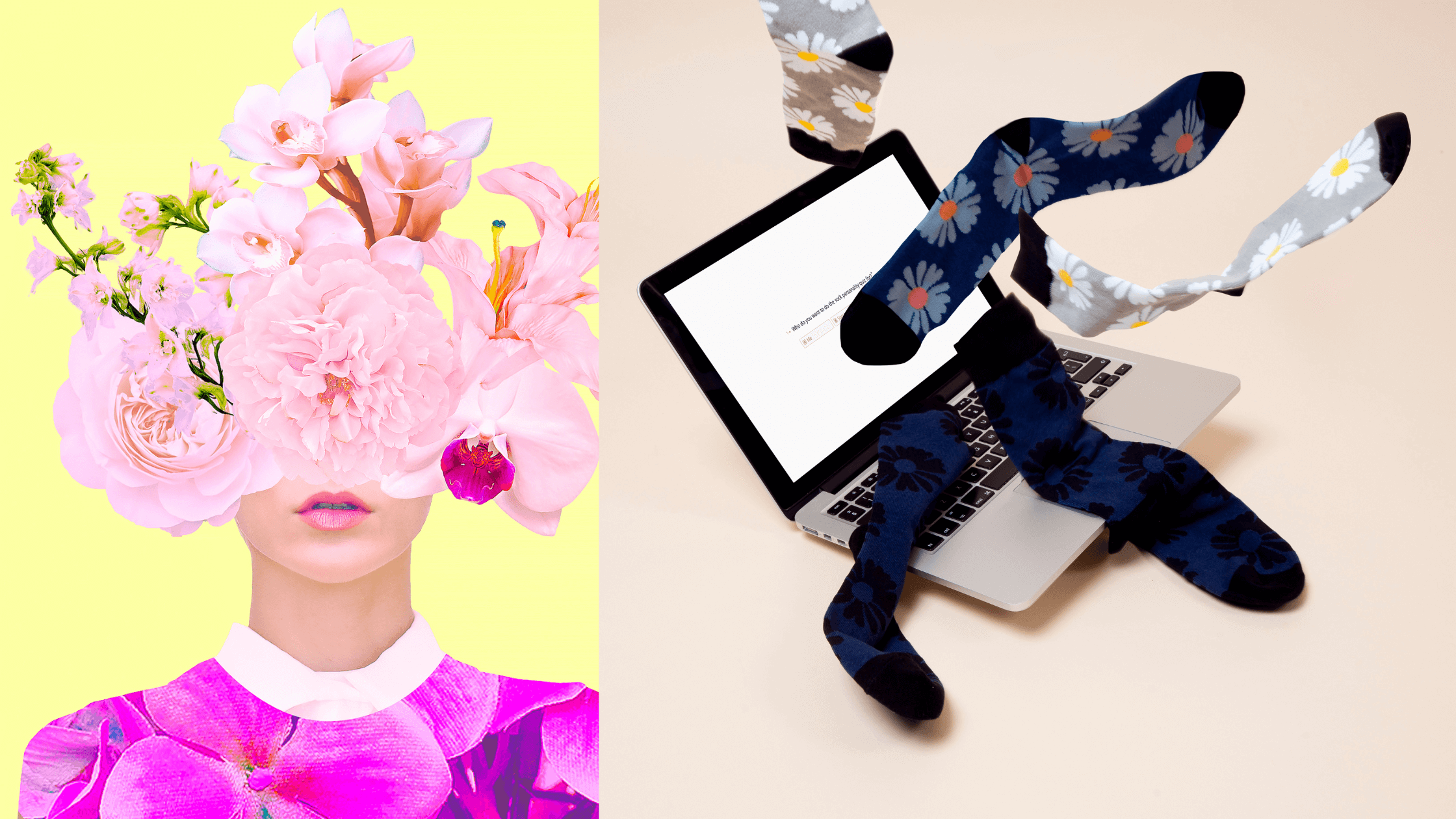




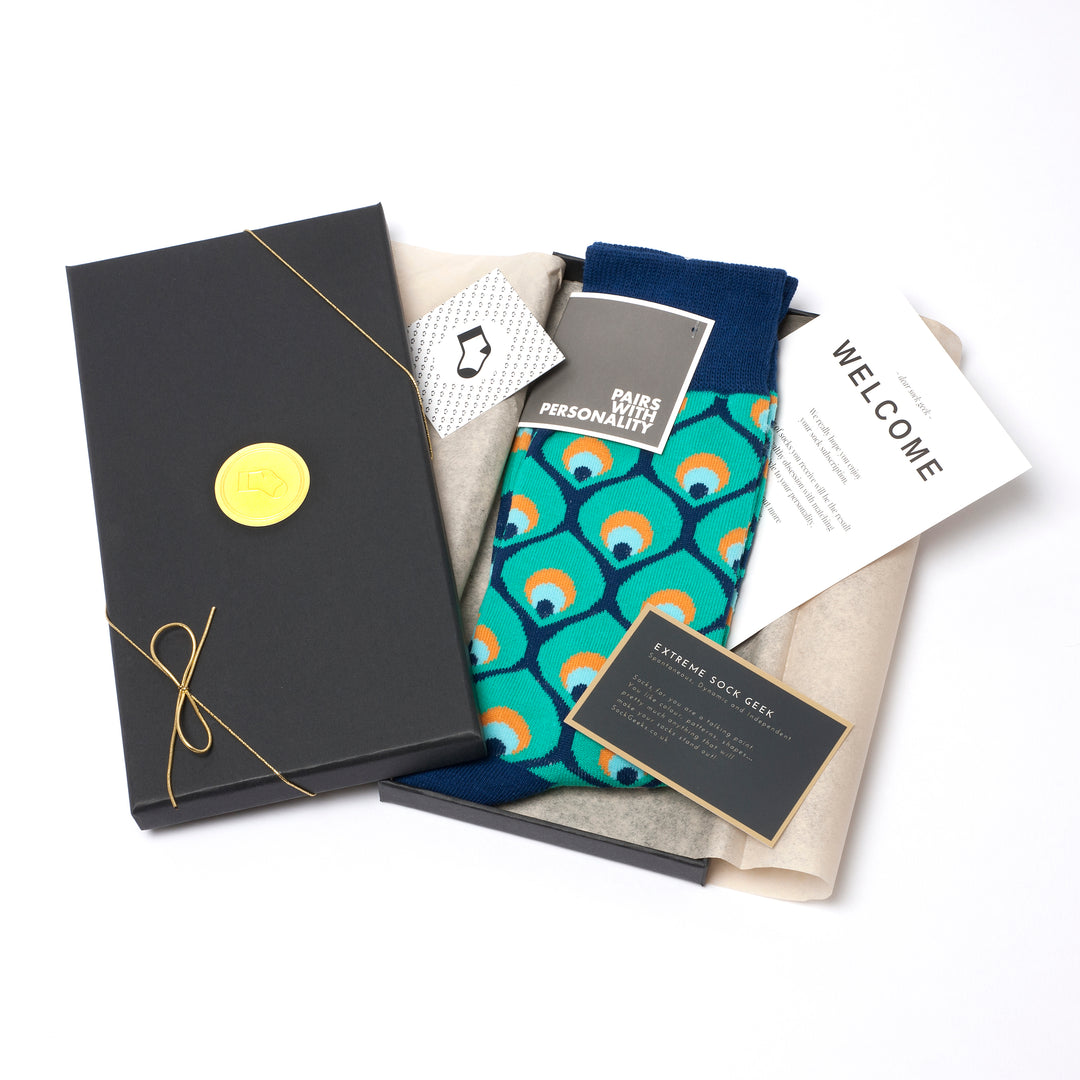
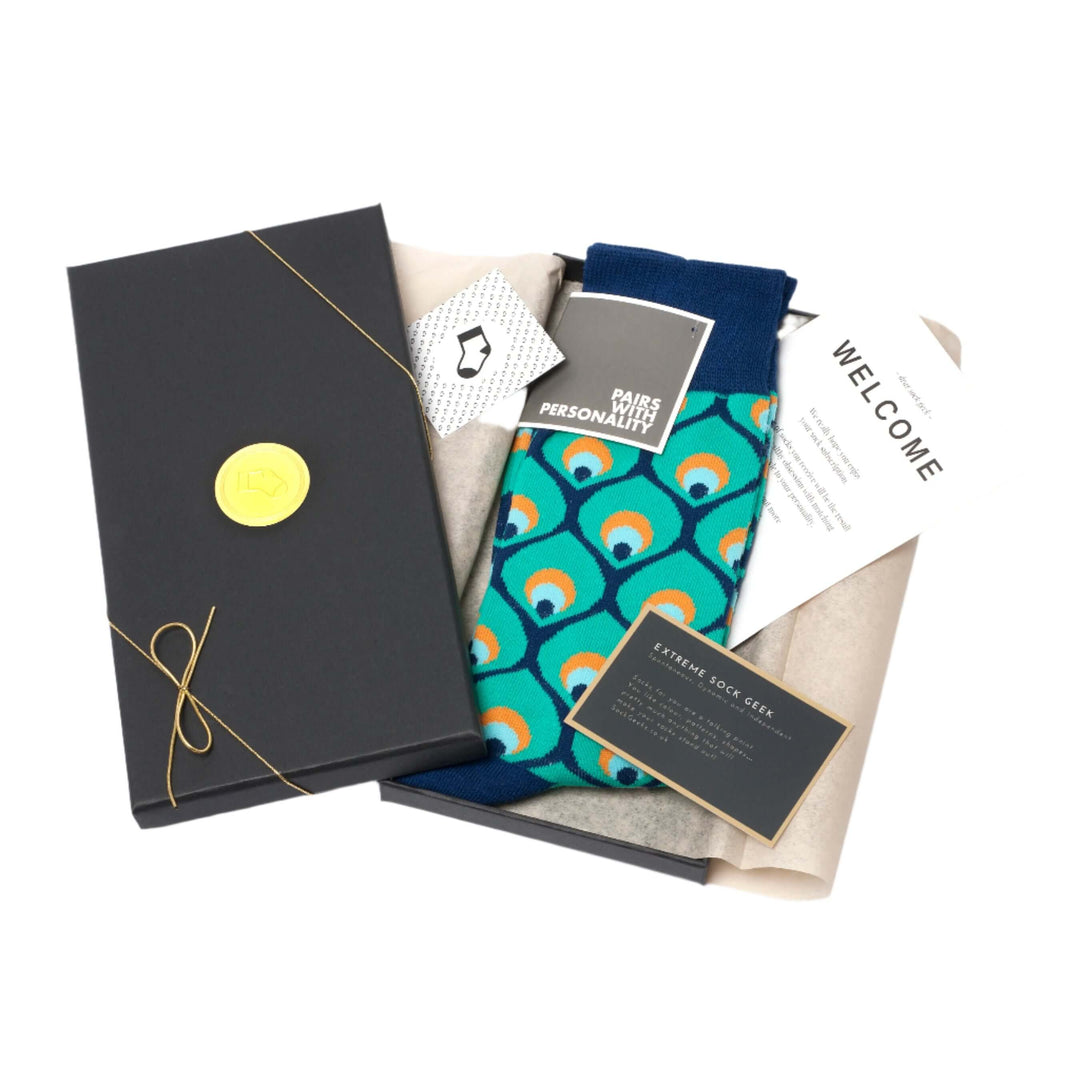
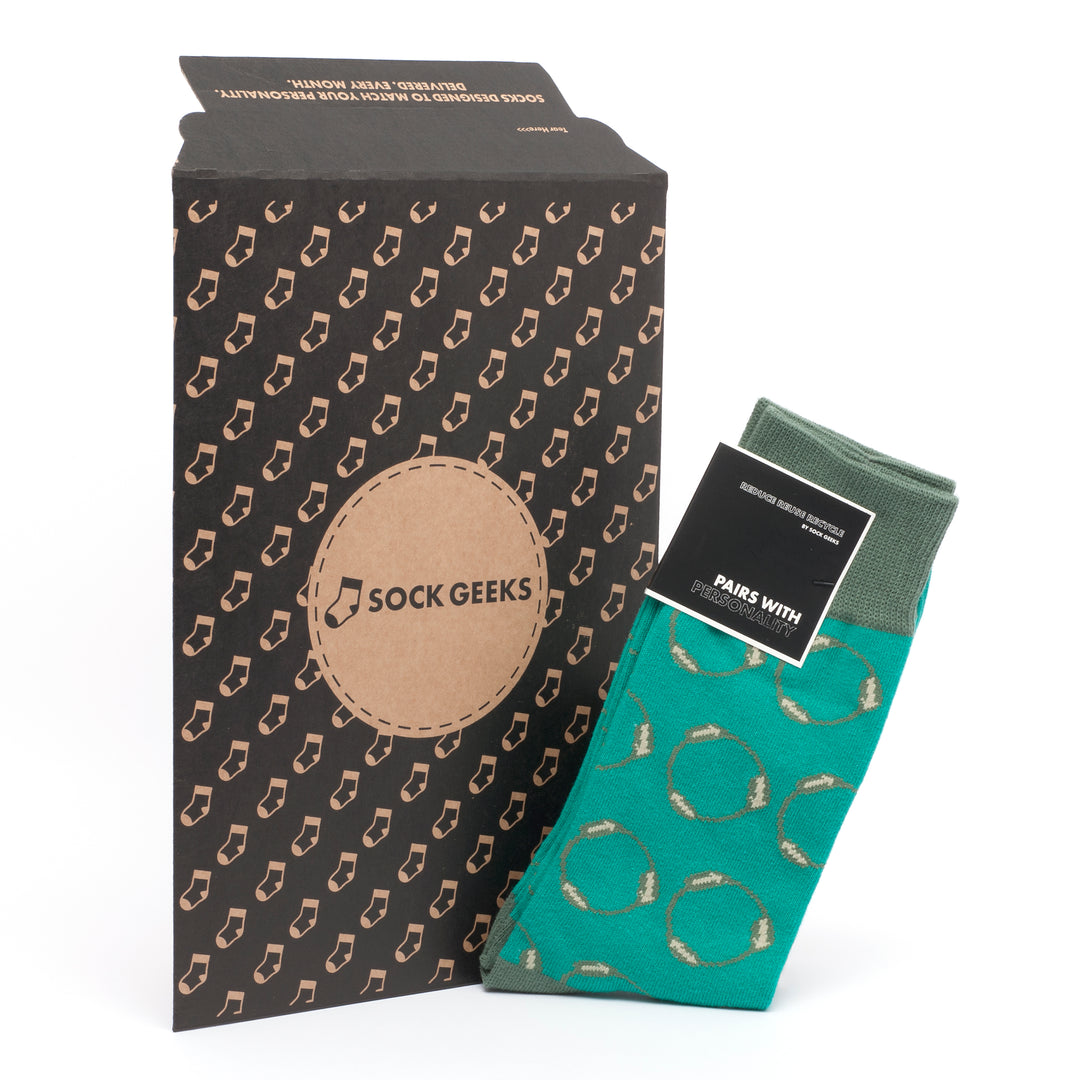
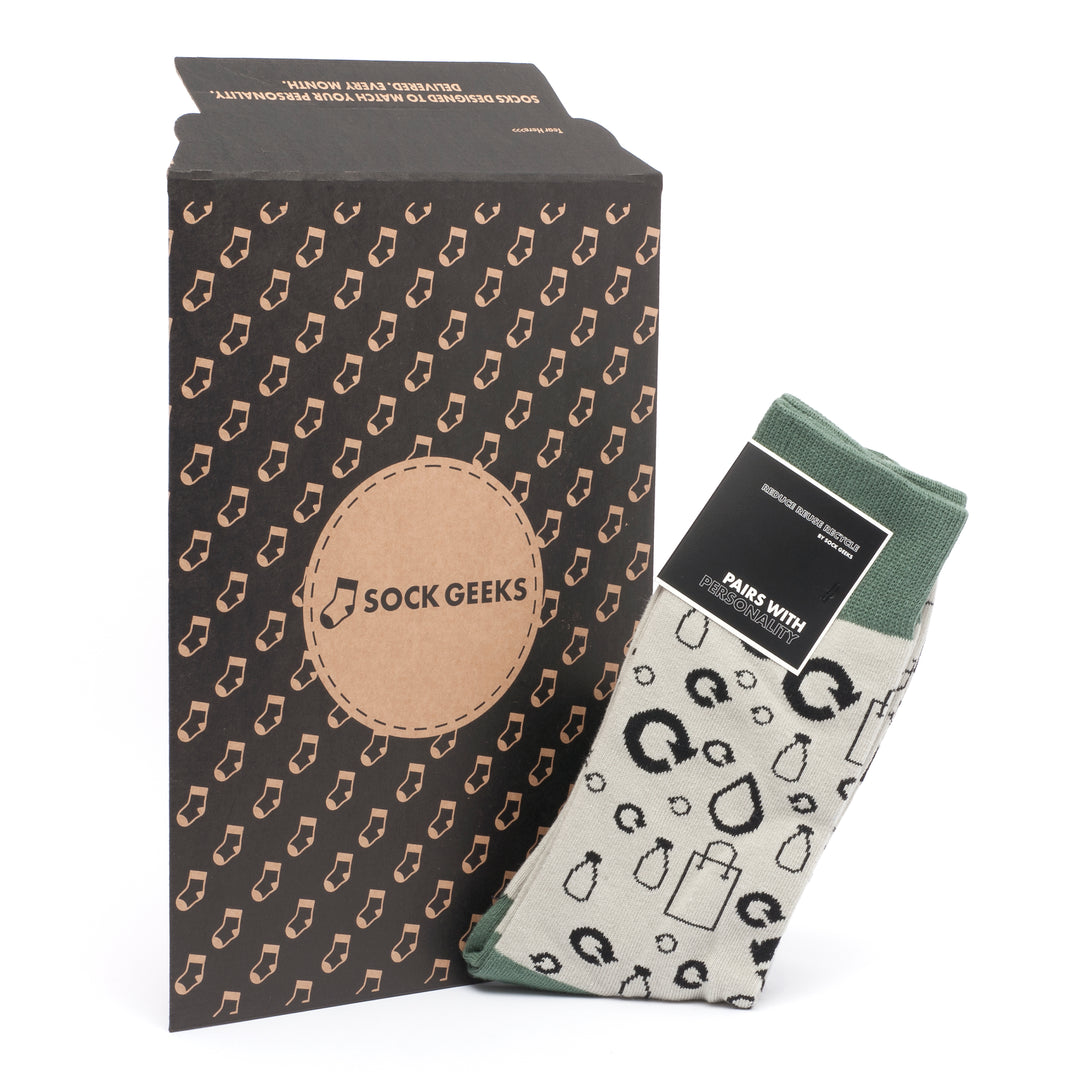



Leave a comment